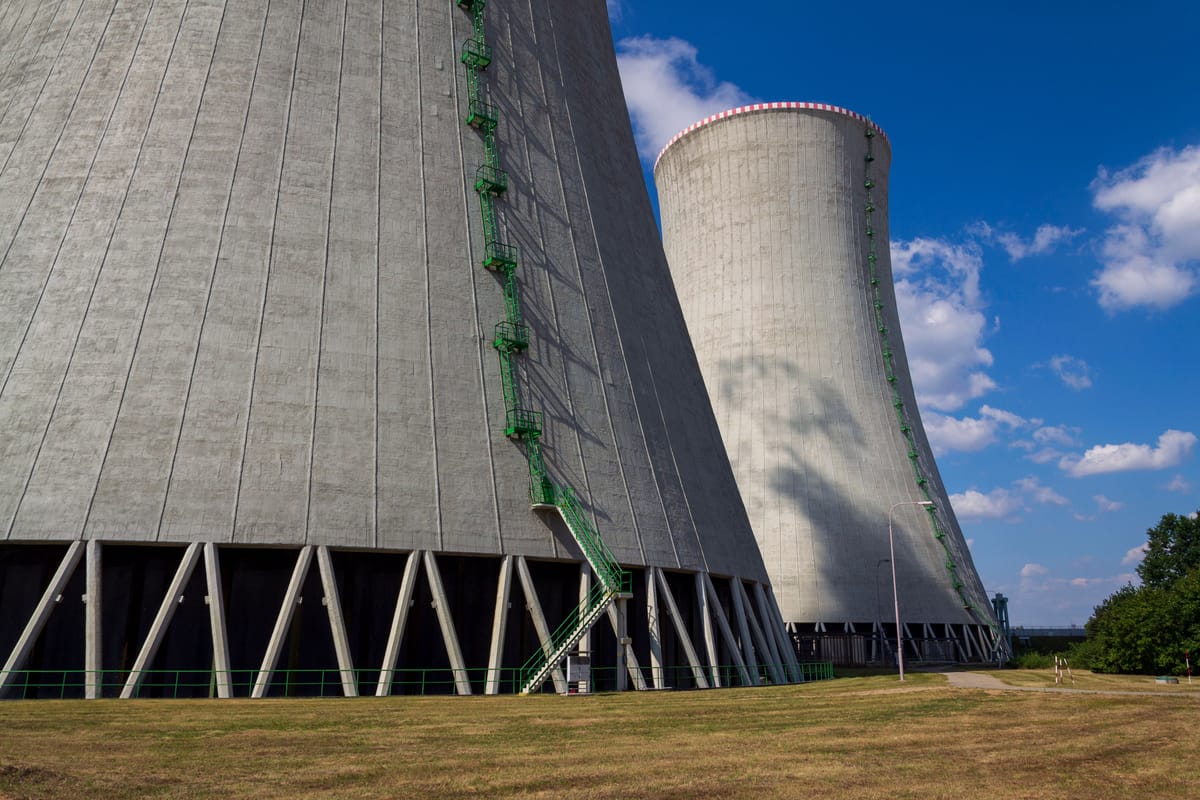
KHNP pulls Polish nuclear plans, clearing way for US
Korea Hydro & Nuclear Power (KHNP) has confirmed it has withdrawn from nuclear power projects in Poland, following a change in the Polish government's procurement strategy.
The move forms part of a broader pivot in KHNP's strategy it settled an intellectual property dispute with US-based company Westinghouse.
Whang confirms exit during Assembly hearing
KHNP president Whang Joo-ho told South Korea's National Assembly that the company “has effectively withdrawn” from Polish nuclear tenders.
“We were pursuing both government-led and state-owned enterprise‑led projects, but Poland decided not to proceed with the state‑owned enterprise project after a new government came into power there. That is why we withdrew our business there,” Whang said during the audit on 19 August.
Asked whether the terms of the Westinghouse settlement were fair, he said “as the party accepting the terms, I cannot say it was fair... but I believe it is something we can endure and still profit from.”
Polish minister says decision not political
Polish Energy Minister Milosz Motyka confirmed KHNP’s withdrawal but downplayed speculation of a diplomatic rift. “KHNP’s decision does not stem from any government actions and pertains to several European countries,” Motyka posted on X on 20 August.
Motyka was alluding to KHNP's broader strategic realignment across Europe, following a settlement with Westinghouse in January 2025. That deal reportedly curtailed KHNP’s ability to pursue reactor tenders in Europe using the APR1400 design, which the US firm claimed infringed its intellectual property.
Strategic shift toward US, SMRs
Whang said KHNP is prioritising projects in the US and in small modular reactors (SMRs), including ongoing cooperation with US nuclear design firms TerraPower and NuScale, an SMR specialist.
KHNP has also faced challenges in Romania, where its efforts to enter nuclear markets have encountered regulatory, political and competitive headwinds.
Its interest in partnering on reactor construction at the country's only nuclear plant at Cernavoda, south east Romania, reportedly cooled due to diplomatic pressure and strengthened bilateral cooperation with the US on nuclear technology.
With the formal closure of its operations in Poland, KHNP has now effectively withdrawn from at least four European nuclear markets since the January 2025 settlement with Westinghouse.
In the UK, KHNP's hopes of participating in new-build projects have been constrained by limited access to local financing mechanisms and the dominance of existing players such as Westinghouse and French state-owned EDF (Electricite de France).
Czech project still on
After its withdrawals elsewhere in Europe, KHNP retains an active foothold in the region, namely Czechia, having signed a contract in June to build two new APR‑1000 reactors at the nuclear power plant at Dukovany, south Czechia.
The project, led by Czech utility CEZ, is valued at approximately CZK 400bn (EUR 16bn) and is the largest energy investment in the country’s history.
KHNP will lead engineering, procurement and construction, and supply initial and reload nuclear fuel, working alongside domestic consortium partners including KEPCO E&C, Doosan Enerbility and KEPCO NF.
The project has also been subject to objections from rival firms. A Czech court lifted an injunction on the contract earlier in the month, dismissing a challenge from unsuccessful bidder EDF.
The Czech deal is an exception to the intellectual property settlement between KHNP and Westinghouse, which curtailed the former firm’s ability to pursue several European projects using the APR1400 design. Dukovany is outside those constraints, however.
Trial operation of the first unit at Dukovany is scheduled to commence in 2036, with construction set to start around 2029.
